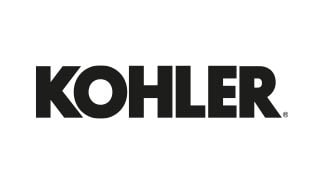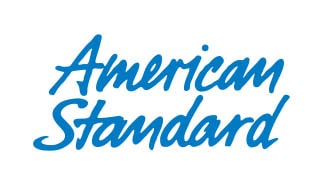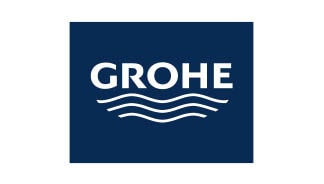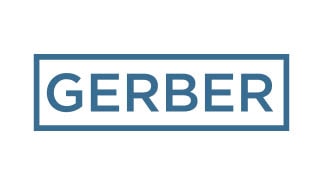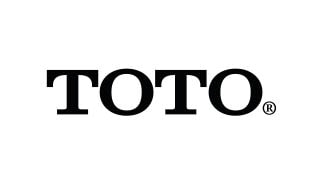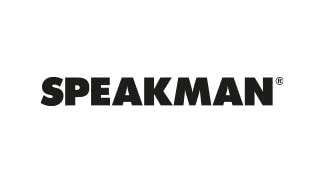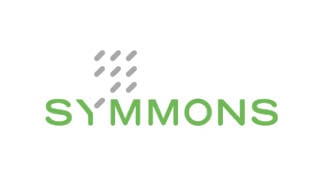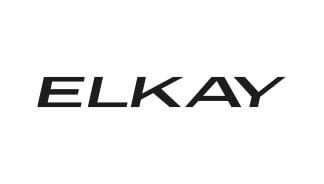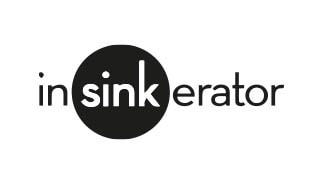Published on
March 16th, 2023Understanding Local Law 97 and Its Implications on NYC Properties
Operating a property portfolio in New York City means facing never-ending regulatory changes. Local Law 97 is one example of current changes to building and property codes throughout the city — and it is the most drastic.
LL97 will help enforce critical cuts to greenhouse gas emissions to ensure the city stays on track with the state’s pledge to cut 80% of emissions by 2050. The first wave of regulatory caps takes effect in 2024. Property managers need to understand the ins and outs of this law to stay compliant.
Buildings and Carbon Emissions
The Problem With Buildings
Commercial and residential properties are the leading contributors to GHG emissions in NYC, responsible for up to 70% of total emissions. To curb a property’s carbon footprint — the measure of carbon dioxide and other carbon compounds emitted from the consumption of fossil fuels — property managers and owners must assess how their properties use energy, including electricity, heat, and oil.
As buildings move toward electrification over traditional fossil fuels, they will help to offset the annual emissions produced. Despite electricity currently affecting GHG emissions negatively, New York State is moving toward renewable energy sources and an updated, cleaner grid system to meet the ambitious mandates of the 80×50 pledge.
While LL97 accounts for these positive changes by altering the existing carbon coefficient, the percentage used to calculate a building’s annual emissions. Current predictions value the coefficient of 2030 as 50% cleaner than 2024.
Even as the electrical grid improves, property managers must find other ways to produce heat and hot water without fossil fuels. Mechanical and maintenance changes are vital to lowering carbon emissions and costs.
Carbon Caps in LL97
By 2050, NYC buildings must meet zero emissions requirements or risk hefty fines. LL97 phases in carbon caps from 2024 through 2049, with the restrictions becoming more stringent. The first compliance period runs from 2024 to 2029, with city operations reaching a 40% target by 2025. Other periods include 2030-2034, 2035-2039, 2040-2049, and 2050 and beyond.
The caps will vary across property types, measured in carbon per square foot. Carbon limits will depend on property size, type, and compliance year. An office building may need to make more sacrifices than multifamily housing.
For example, in 2024, an office building will need to limit emissions to 7.58 kg/sq ft, and it will need to reduce to 2.69 kg/sq ft by 2030; alternatively, a multifamily property will need to meet caps of 6.75 kg/sq ft in 2024 and reduce that measurement to 3.35 kg/sq ft by 2030.
That said, some properties are exempt from carbon caps or can receive altered or delayed requirements because of their status. According to Article 321, houses of worship, buildings with rent-regulated units, and other structures may qualify for alternative compliance pathways.
Buildings Affected by LL97
What Property Portfolios Does the Law Impact?
The law does not affect every NYC property. Enforcement of carbon caps is only for buildings larger than 25,000 sq ft, and it may not include all properties, depending on exemptions. Current estimates suggest the law will enforce caps on about 50,000 properties across the city.
Regardless of requirements, moving toward zero emissions is an excellent idea for properties of any size. Many property managers worry about the initial costs of retrofitting or upgrading existing systems, but many of those systems will pay for themselves in two to five years.
According to recent energy reports, nearly 20% of properties that need to meet carbon caps are operating over 2024 limits. Roughly 76% are over the caps for 2030. While building owners may not feel too worried now, they need to consider the timeline is less expansive than it may sound. Also, system and operational updates and upgrades take time. Owners must begin making changes to avoid fines and start moving toward 2030 objectives.
Fines for noncompliance begin in 2024. According to the Real Estate Board of New York, over 3,000 buildings could face over $200 million in penalties if owners don’t start making changes now. The law states a fine of $268 for every metric ton of carbon dioxide over a building’s limit.
How Can Building Owners Comply?
Two excellent ways to lower a building’s carbon output are through the installation of energy-efficient systems and appliances and switching to fuel with lower carbon output, such as propane. Carbon-efficient fuels can work with existing infrastructure and provide similar energy outputs.
Also, property managers can take advantage of renewable energy credits and GHG reduction projects. The RECs and GHG offsets can counter the expense of installing newer systems, like solar panels and battery storage systems.
Despite having a few years to make changes and prepare for carbon caps, many property owners are not doing enough. LL97 fines mean trouble for current portfolio managers. Thankfully, tools and services exist to help property managers assess and determine the most profitable and efficient changes to comply with the new law.
Building Compliance Within Budget
Understanding Types of Energy-Efficient Changes
With LL97 set to take effect in 2024, many building owners are afraid of compliance costs and the expense of failing to comply. Creating an energy-efficient, low-carbon property requires money and an understanding of energy output.
Before installing expensive and technologically advanced systems, property managers should assess a building’s energy output with an audit. An energy audit will allow them to understand where the property uses energy and where there might be opportunities for quick and affordable changes.
For example, cleaning ventilation and HVAC systems is an often overlooked maintenance task, but it is crucial to the continued functionality and efficiency of the system. Also, inspecting plumbing and supply lines for leaks or waste often costs little and is a quick property improvement.
There are many things a property owner can do to ensure they comply with the new law, but they may need help to do them. A professional service can work with existing teams to help owners find effective operational upgrades to ensure LL97 compliance.
Moving Towards Compliance
Work With The Omnia Mechanical Group, a Trusted NYC Name
Local Law 97 is coming, and property managers know compliance is not optional. Many building owners and managers have existing engineers and compliance teams on staff helping to reconfigure existing systems and operations. Contact The Omnia Mechanical Group at 212-734-5000 for help with mechanical plans for future compliance goals.
